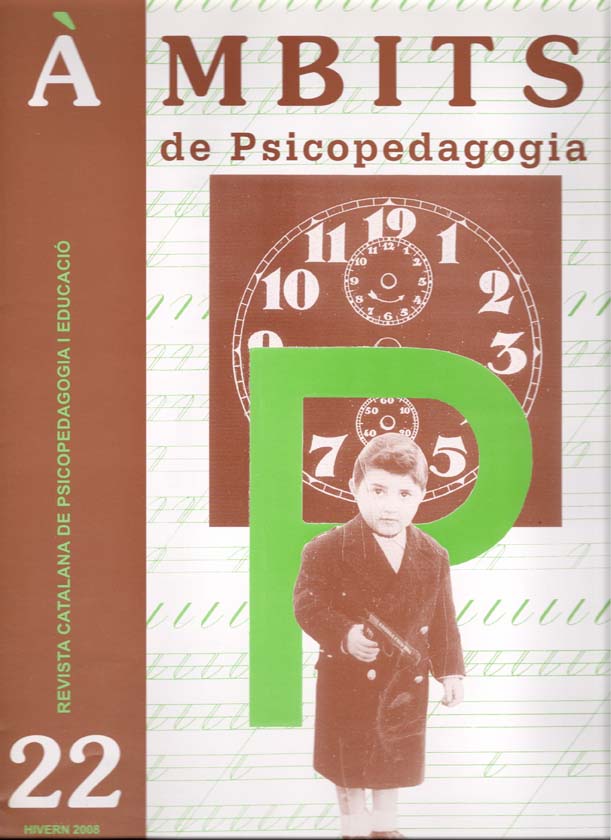Attention to diversity in secondary school with the support of moodle
Abstract
This article shows that is and what are the advantages Moodle in the use of attention to the diversity in secondary education. Such as self-learning and self-thereto, as well as the continued monitoring tutorial by the teacher. The results of combining classroom work with a nearby resort and motivator to encourage students to share and improve the experience. It also presents the learning experience conducted in a secondary education institute where we used the web support Moodle to work with students with individualized curriculum adaptations. It used programs for free distribution combined with other programs provided by the Education Department of the Generalitat de Catalunya as JClic, Quaderns Virtuals, Video both CRP, and so on.
References
Cavero, J. i Román, P. (2006) E-actividades. Un referente básico para la formación en Internet. Ed. Eduforma. Madrid.
Gutiérrez-Maldonado, J., Alsina, I., Carvallo, C., Letosa, A. y Magallón, E. (2007): Aplicaciones clínicas de la realidad virtual en el ámbito escolar. Cuadernos de medicina psicosomática y psiquiatría de enlace, 82, 32-51. R
Jameson, J; Ferrell, G.; i Kelly, J. (2006) Building Trust and Shared Knowledge in Communities of E-Learning Practice: Collaborative Leadership in the JISC eLISA and CAMEL Lifelong Learning Projects. British Journal of Educational Technology, v37 n6 (p 949-967).
Jason, H. (2007) Using Moodle: Teaching with the popular open source course management system. Ed. O’Reilly. Nova York.
Nadire, C. (2007) Assessing the success rate of students using a learning management system together with a collaborative tool in web-based teaching of programming languages. Journal of Educational Computing Research, Vol 36(3), 2007. (pp. 301-321).
Downloads
Published
Issue
Section
License
The authors maintain their copyright and give the right to the first publication of the work to the journal, registered under a Creative Commons Attribution-Non Commercial-NoDerivs license. This license allows others to download the works and to share them with others as long as they credit the author, but it does not allow for any kind of modification or commercial use.















